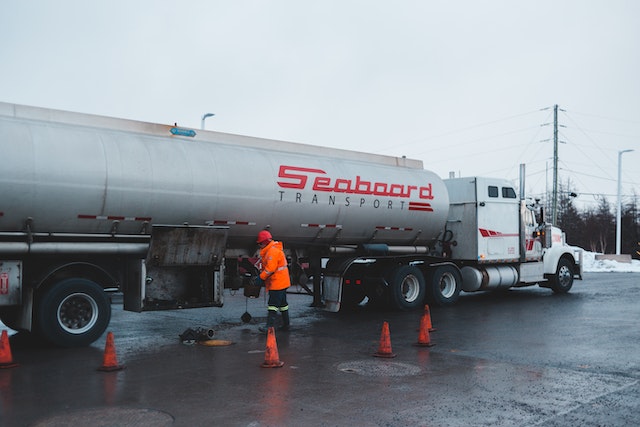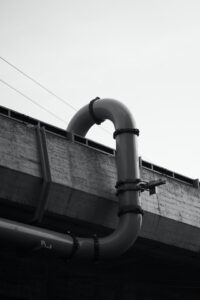
Signs That Your Oil Tank Needs to Be Abandoned
A leaking oil tank can be a costly problem for homeowners and homebuyers. In some cases, the leaking oil can also cause health issues like headaches and drowsiness for those exposed to concentrated oil vapors.
If you are considering buying a property with a buried heating oil tank, ensure that soil testing has been done for the area surrounding the tank. Usually, this is performed by a licensed contractor.
Leaks
If an underground oil tank leaks, the contaminated soil can contaminate groundwater and poison nearby wildlife. Cleaning up an oil tank spill can run into the tens of thousands, and homeowners insurance rarely covers these expenses.
Leaks often occur when the oil tank is not adequately cleaned, drained, or abandoned. It is common for a homeowner to switch from oil heating to natural gas and leave their old steel tank in the ground. In these cases, the tank piping and fill valve are often disconnected and left in place without documentation of inspection or testing.
Unfortunately, these “filled-in place” tanks can quickly become a problem. Typically, they lack any documentation acceptable to a buyer’s attorney or mortgage company as proof that the tank did not leak. This could derail a real estate transaction and expose the new owner to liability for cleanup and remediation costs.
Damage
As oil tanks age, they can wear out, allowing the oil and sludge inside to contaminate the soil. Over time, this can cause damage to surrounding property as well as pose a health risk to people living in the area.
Most homeowners insurance policies don’t cover oil tank contamination, and many mortgage companies hesitate to lend money to homes with an abandoned buried oil tank on the property. Performing an oil tank inspection before selling a home can avoid this issue and save thousands in cleanup costs.
Aside from being damaged, oil tanks can also leak, even when deemed “abandoned.” This is typically caused by faulty connections such as a crimped fill pipe or compression fittings, so contact oil tank abandonment Westchester County NY. Performing a visual inspection to detect these signs of leaking can prevent this from happening and protect your property value.
Unusual Smells
It’s not uncommon for you to smell some fuel oil after refilling your tank. This is a temporary smell that should dissipate within a few days. If the odor doesn’t disappear after this time, it could be a sign that the crew working on your oil tank spilled some of the fuel oil.
It is also common for fuel oil to enter the basements of a home if an underground tank has been leaking for some time. This can happen if a home has been converted to natural gas and technicians disconnect and crimp the fuel oil lines near the furnace and foundation wall.
It is essential that homeowners get a buried oil tank checked for leaks sooner rather than later to avoid environmental contamination. Also, mortgage companies are hesitant to underwrite properties with an old abandoned oil tank on the property without a Certificate of Abandonment.
Unusual Temperatures
As temperatures fluctuate, condensation causes water to form inside oil tanks. This is dangerous because oil and water don’t mix, and it can cause microbes to build up. Water can also indicate a breach in your tank’s plumbing connections.
It’s hard to know if your tank has water in it as you can’t look into it, and it may be too dark to spot any signs of moisture. However, if you’re having problems with your furnace or the area around it, a quick inspection by a home inspector can be worth it to check if your tank has water.
A buried oil tank can often be abandoned by disconnecting it from the heating system, cutting its fill pipe below grade, and capping it with concrete. However, many homeowners must remember to get the tank decommissioned or skip this step altogether, which can derail a real estate transaction. Mortgage companies are increasingly wary of homes with a buried oil tank and will want proof that the tank was decommissioned before they will lend money on the property.
















